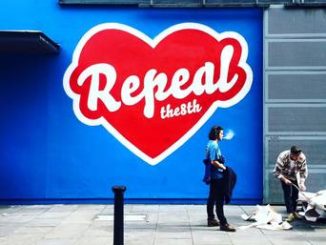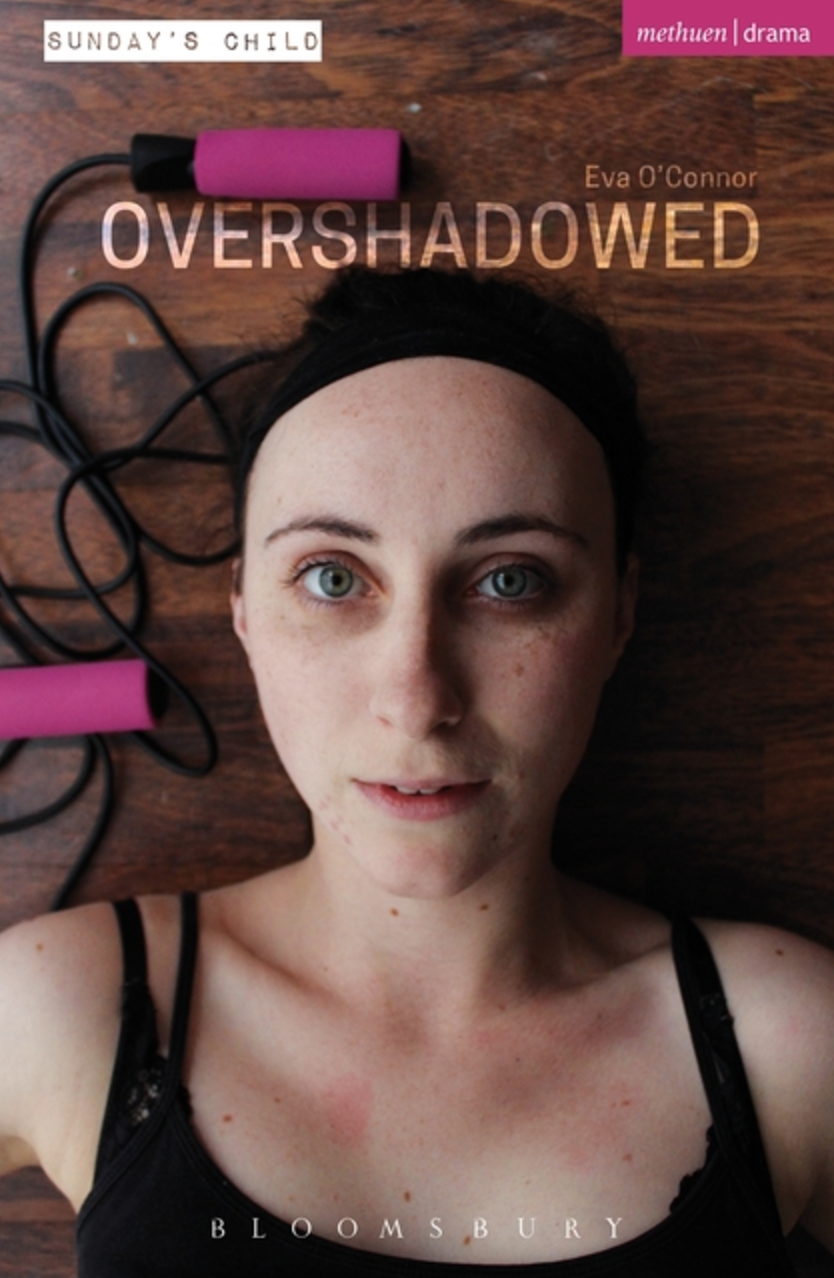
[dropcap]Scrolling[/dropcap] through Instagram coming up to the summer months is a collection of flat tummies, gym selfies and influencers pushing “Flat Tummy Tea” on their followers.
Although body positivity movements are becoming more and more into the mainstream, there is still an overwhelming amount of people who are developing eating disorders.
Due to the nature of eating disorders it is impossible to give an exact number of how many people are affected by eating disorders.
However, according to the Department of Health & Children, there are up to 200,000 people in Ireland that may be affected by eating disorders.
An estimated 400 new cases emerge each year, representing 80 deaths annually.
As the power of the social media influencers increases could negative body images persist in their young followers?
Orthorexia nervosa is a relatively new eating disorder, although it is not currently recognised as a clinical diagnosis, it is classified as a “unhealthy obsession” with healthy eating.
Orthorexia nervosa translates literally to “fixation on righteous eating”.
Obsession with healthy eating is just as dangerous as any other eating disorder, as those who are carefully choosing what they eat might actually be losing out on valuable nutrients their body needs.
People who suffer from anorexia nervosa or bulimia nervosa obsess about calories and weight while those suffering from orthorexia obsess about healthy eating, not about being thin and losing weight.
So if there is a whole eating disorder based around healthy eating where do the lines blur?
It seems that healthy eating is always being pushed nowadays, from heathy eating and fitness programmes easily available to new cooks with quick, healthy meals.
For those who want to change their diet to lose weight, they have a lot of negative role models to look up to.
The infamous Kate Moss quote “Nothing tastes as good as skinny feels”, is a mantra that encourages dangerous dieting and eating disorders.
Celebrities like Kim Kardashian and Blac Chyna are leading the way in the obsession with losing baby weight, with some even going so far as getting cosmetic surgery to change their post-pregnancy body.
As our bodies don’t naturally slim down so quickly after pregnancy nor do many mothers have time to go to the gym for rigorous workouts, this gives an unrealistic view on how women’s bodies should work.
What kind of message is this sending out to those who are already unhappy with the way their bodies look?
Of course, healthy eating is important as is exercising. However, we need to find the balance between healthy eating, over indulging and starving ourselves.
It takes time to lose weight and look a certain way. Rather than looking at Instagram models or social media influencers who heavily edit their social media image, follow more realistic fitness pages.
If you have gained weight, use older pictures of yourself to motivate you to get back into your ideal fitness.
It is hard not to idolise these stunning models and bloggers who seem to have a perfect life, but their body type may not be realistic for you to achieve.
Bronwyn O’Neill



